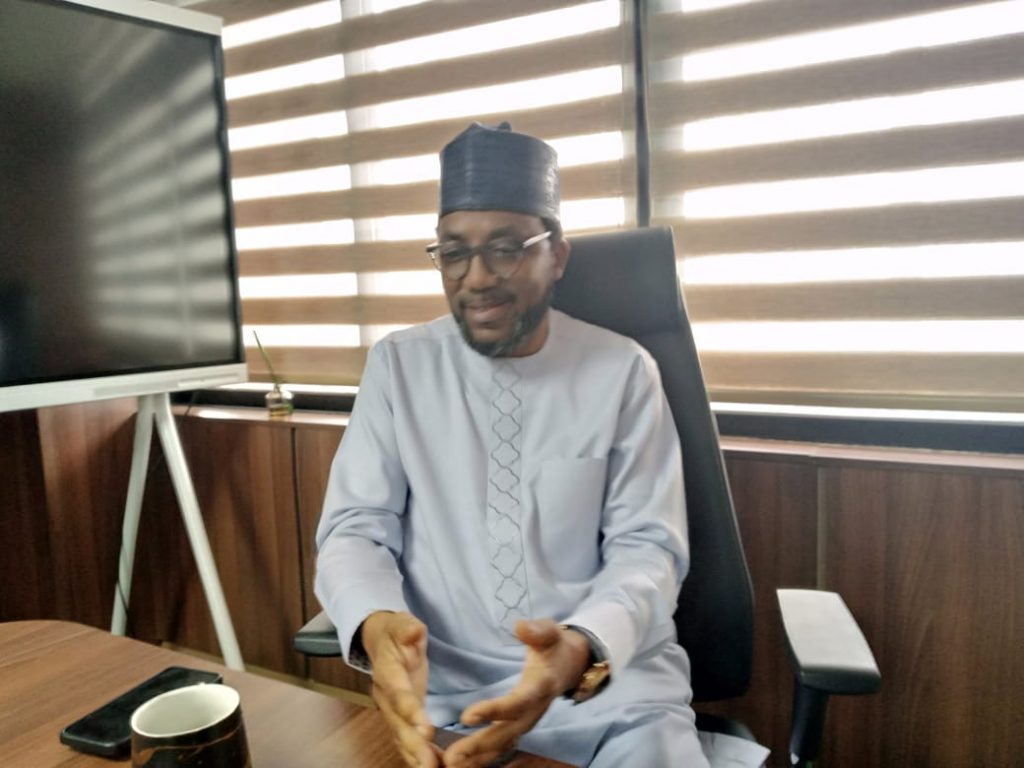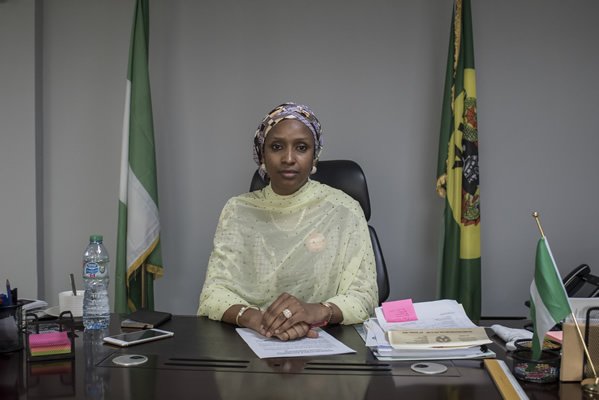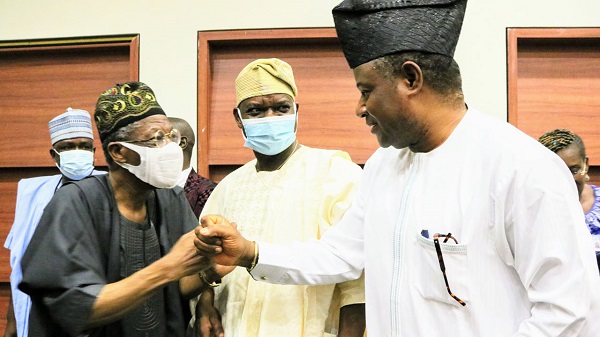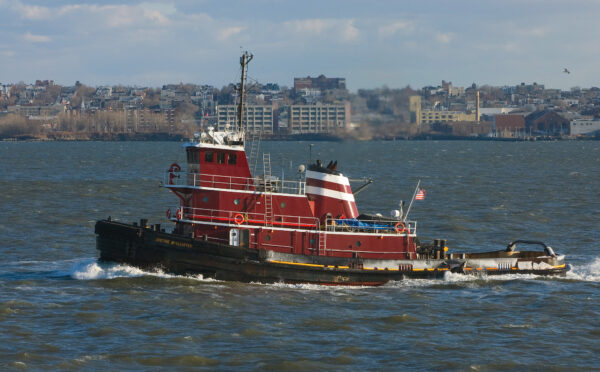NPA, Customs, Others Commit To Single Window Data Exchange

To beat the International Maritime Organization (IMO) January 2024 deadline for the implementation of a Maritime Single Window (MSW), Nigerian port stakeholders have expressed willingness to commit to the digitalized process for data exchange.
Government agencies including; Nigerian Ports Authority (NPA), Nigeria Customs Service (NCS), Nigerian Shippers’ Council (NSC) and representatives from other maritime stakeholders like freight agents, ship-owners, barge operators, among others reached this decision at a virtual summit organized by the Nigerian Chamber of Shipping (NCS), on Friday.
Iin 2022, the IMO’s Facilitation Committee adopted amendments to the Annex to the Facilitation (FAL) Convention which will make the single window for data exchange mandatory in ports around the world, marking a significant step in the acceleration of digitalization in shipping.
The amendments adopted by resolution FAL.14(46) on 13 May 2022 enter into force on 1 January 2024. The amendments update the provisions of the FAL Convention on mandatory electronic data exchange in ports for ship clearance. Public authorities are also to establish, maintain and use single window (SW) systems for the electronic exchange of information required on arrival, stay and departure of ships in ports.
While delivering the lead paper at the virtual meeting, the Managing Director of NPA, Mr. Mohammed Bello-Koko, observed that the IMO MSW is another call for automation via a national single window which will lead to increased productivity of ports.
Bello-Koko, who was represented by the Apapa Port Manager, Mr. Charles Okaga, expressed commitment to the realization of the IMO MSW, opining that it will decrease turnaround time for vessels and result in lower costs for shipping companies and faster, more efficient transportation of goods.
He noted that the 1st Phase and 2nd Phase of MSW has already been achieved while the Authority is currently at the 3rd phase which has to do with procurement.
“Other benefits of MSW include; minimal human interface, reduced manual errors, improved trade competitiveness, improved data accuracy, reduced corruption and fraud rapid reactions, boosted morale and teamwork, reduction in cost and time delays, optimized skillsets, improved operational efficiency, compliance with international standards,” Okaga said.
Meanwhile, the Comptroller-General of NCS, Adewale Adeniyi MFR, posited that MSW goes beyond electronic data exchange but also borders on ambience of maritime environment.
The Customs boss, who was represented by the Area Controller, Tin Can Island Port, Comptroller Dera Nnadi mni, argued that MSW should be considered more as an opportunity to embrace more stakeholders in existing digital platforms, even as he encouraged port sector regulators to stick to service delivery rather than revenue generation.
“If Nigeria is going to embrace MSW, we should be able to separate trade facilitation from revenue generation either via legislation or by implementation of already existing laws. Most of our systems are connected with almost all maritime operators, but there is a need to get everyone on board especially those who don’t have the resources to be connected.”
“If we must comply with MSW, inclusivity is very paramount in this. If one agency gets it right and there is a delay in another, it affects the entire logistics chain. Most agencies are regulatory agencies for service delivery but they seem to dwell more on revenue and this is problematic. There is also the problem of mistrust as it affects who should host the MSW,” Nnadi said.
Earlier, the NPA boss revealed that when Benin Republic implemented its National Single Window, the nation increased the revenue generation at its ports by more than 35 percent.
Okaga, who marked his 100th day as Port Manager at Apapa port yesterday, also lamented that Nigeria still struggles with 21 days cargo dwell time at ports whereas the cargo dwell time in Togo and Cotonou is just 3 days where port automation is in full gear.
The NPA boss argued that the nation has to look beyond the maritime operators for other service providers whose operations affect port operations, highlighting power supply, internet facilities, roads, railway, among others.
Speaking on behalf of Nigerian Shippers’ Council (NSC), the Director, Consumer Affairs, Chief Cajetan Agu noted that the time has come for the industry stakeholders and operators to set aside their automation in silos for an intergrated and synergized single window.
Agu hinted that port automation has improved in the nation with most shipping companies and terminals achieving over 80 percent automation and Customs leading with digital processes, thus he called for an integration of existing processes.
In his welcome address, the President of NCS, Mr. Aminu Umar emphasized the need for the nation to show good leadership in the region by complying with IMO MSW before the deadline, adding that it would boost revenue from shipping and enhance the nation’s shipping image across the globe.








